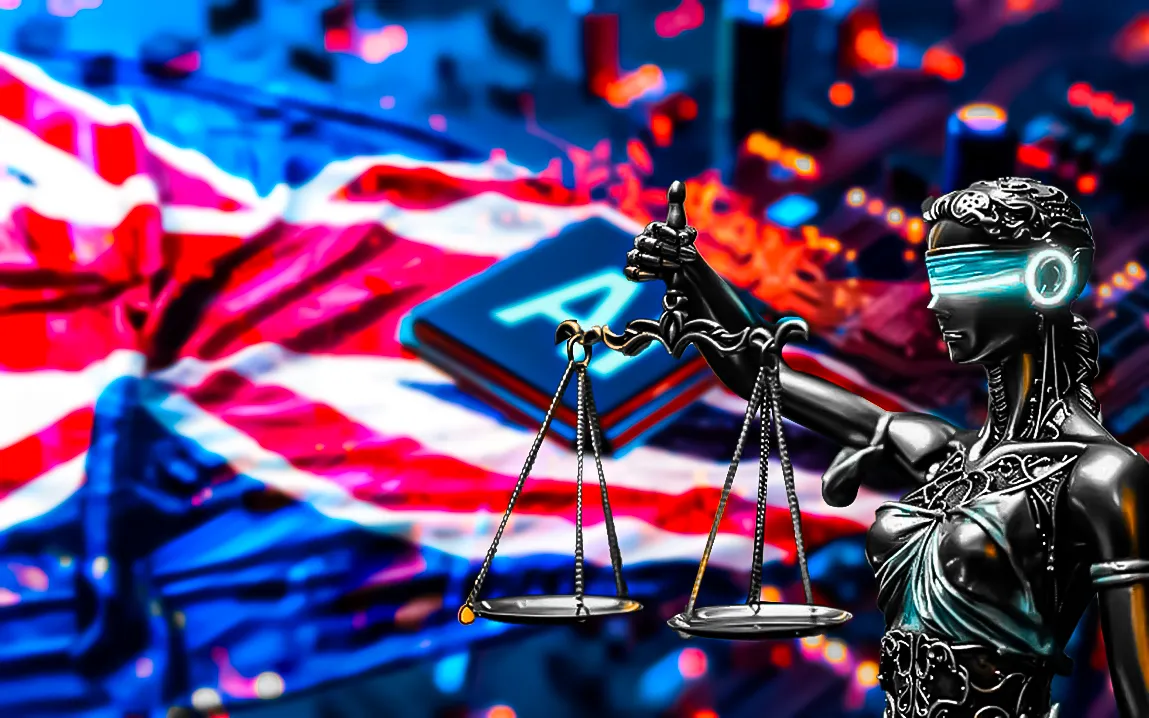Sir Geoffrey Vos, Master of the Rolls, urges lawyers to embrace artificial intelligence (AI), highlighting its potential to enhance efficiency, reduce costs, and address emerging legal challenges at the LawTech UK Conference 2025.
Delivering the keynote address at the LawTech UK Conference 2025, held at Mansion House in London on March 12, 2025, Sir Geoffrey Vos, Master of the Rolls and Head of Civil Justice, underscored the transformative role of AI in the legal profession. He emphasized that adopting AI is no longer optional but essential for maintaining a strong and effective legal system.
AI Adoption: A Necessary Evolution
Sir Geoffrey asserted that AI integration into legal practice is an inevitable step forward. While industries worldwide rapidly embrace AI-driven solutions, he stressed that the legal profession must do the same to provide accurate and effective counsel.
“There is no genuine choice on whether lawyers and judges adopt AI—they must,” he stated.
He further emphasized the importance of legal practitioners understanding AI—both its capabilities and limitations—to ensure ethical and competent legal representation.
AI-Related Legal Challenges on the Horizon
Sir Geoffrey predicted that AI will soon become central to legal disputes, particularly in cases involving:
- Negligent application of AI
- Failure to implement AI where necessary
He warned that lawyers must be prepared to navigate these emerging challenges, requiring in-depth knowledge of AI and its legal implications.
Enhancing Efficiency and Access to Justice
Beyond potential risks, Sir Geoffrey highlighted AI’s ability to revolutionize legal services, bringing:
- Increased efficiency in handling legal cases
- Reduced costs for clients and firms
- Greater access to justice through digital platforms
He advocated for the development of a Digital Justice System, which would facilitate online dispute resolution, integrating:
- Ombudsman services
- Mediation platforms
- Legal aid portals
By modernizing the justice system, AI can help streamline case resolution, ensuring faster and more affordable legal solutions for the public.
Ethical AI Use: Guidelines for Lawyers
Recognizing concerns over AI reliability, Sir Geoffrey outlined three key ethical guidelines for legal professionals using AI:
- Understand AI functionality – Lawyers must comprehend what generative AI can and cannot do to use it responsibly.
- Preserve confidentiality – Avoid inputting sensitive or privileged information into public AI tools.
- Verify AI outputs – Always review AI-generated content before using it in legal proceedings.
These guidelines ensure that AI serves as an asset to legal practice without compromising service quality, confidentiality, or ethical standards.
Global Perspectives on AI Regulation
Sir Geoffrey also compared international approaches to AI regulation in the legal sector. He contrasted:
- New South Wales Supreme Court’s strict AI restrictions in court proceedings
- The UK’s approach, which emphasizes professional responsibility over prohibition
This global debate underscores the challenge of balancing AI innovation with ethical considerations in legal practice.
AI and Human Rights: A Critical Reflection
Closing his speech, Sir Geoffrey addressed the broader implications of AI on human rights and justice systems. He questioned whether existing legal frameworks, such as the European Convention on Human Rights, are adequate to handle AI-driven decision-making.
“As AI advances, we must actively discuss and define the role of human oversight in legal and ethical decision-making,” he urged.
This call to action encourages an ongoing dialogue on how AI and human judgment should coexist, ensuring that fundamental rights remain protected in an increasingly AI-driven legal landscape.
A Call for Responsible AI Adoption
Sir Geoffrey Vos’ address at LawTech UK Conference 2025 is a clear rallying cry for the legal profession to embrace AI responsibly.
By leveraging AI’s benefits while addressing ethical concerns, legal professionals can:
- Improve legal services
- Navigate new AI-related challenges
- Safeguard justice in the digital era
As AI continues to reshape the legal world, lawyers and judges must adapt to ensure fair, efficient, and ethical legal practices in the future.



